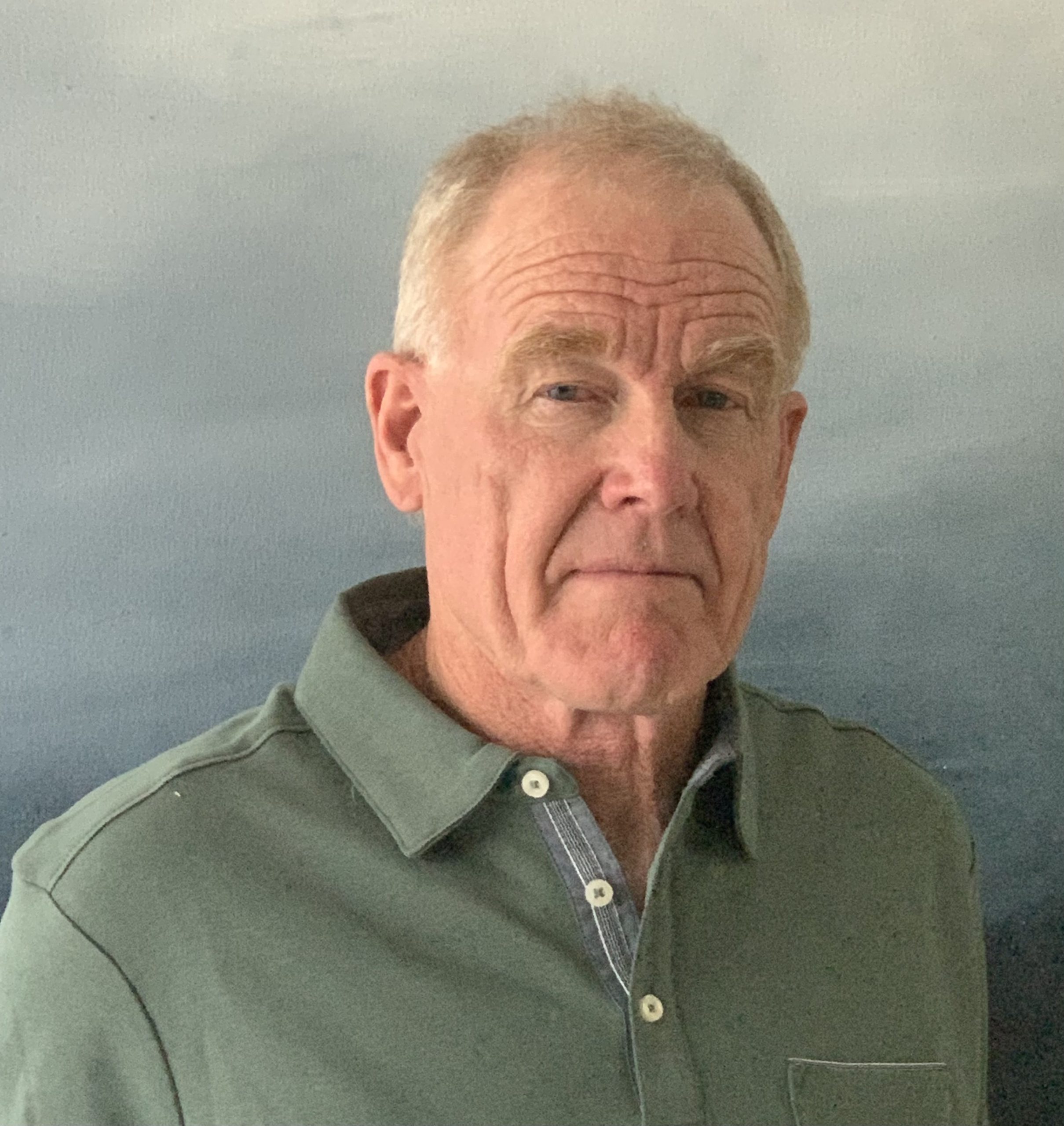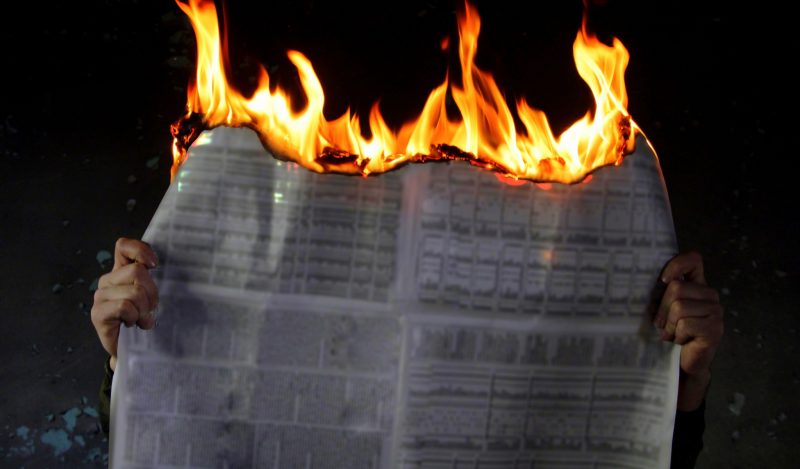In September 2021 Secretary of Defense Lloyd Austin announced the formation of the Defense Advisory Committee on Diversity and Inclusion (DACODAI). A year later, upon appointment of its members headed by former USAA Chairman of the Board and DEI stalwart General (ret) Lester Lyles, it formally began the task of inculcating DEI into every aspect of the armed forces. Much like the charter of the Intergovernmental Panel on Climate Change, which tells an exaggerated, one-sided tale of the climate story and insists upon a draconian net-zero carbon emission program as the single solution, DACODAI views the problems confronting the military in simplistic terms caused by contrived villains—discrimination, oppression hierarchies, and victimhood. While publicly advocating for merit-based, cohesive military doctrines, DACODAI relentlessly and surreptitiously promotes DEI.
Ostensibly, members of the public are allowed to attend and share concerns and grievances at DACODAI meetings. One group of men and women representing STARRS, a veterans’ organization critical of DEI and similar programs that undermine military readiness and morale, made concerted efforts to participate in DACODAI’s meetings scheduled in May 2024, only to be rebuffed at the last minute. Initially, General Lyles agreed to allow testimony from a number of eminent observers with extensive ties within the military community, but as the meeting time approached, the invitation was canceled without justification.
Instead, all parties were given the option of virtual attendance at the proceedings but without the ability to comment or question board members. While acknowledging public input from over two dozen sources and posting them on the committee’s website, no discussion ensued regarding the substantive content of the statements. To summarily nullify public input speaks to the opaque, ideological mindset of the DACODAI leadership, which ultimately restricted access by limiting the number of observers to 100 enrollees.
DEI has festered within the ranks of the military for over a decade. Few generals and admirals have displayed the courage to oppose Marxist propaganda enablers like DACODAI and expose its pernicious effects, preferring anonymity and conceding the ideological battlefield to politically driven activists. During World War II only seven four-star generals and admirals commanded 12 million active duty soldiers and sailors, while today 39 four-star officers oversee 1.3 million members in the active duty military. Most current four stars are non-combat commanders and each oversee only 2% of the number of military personnel compared to their World War II counterparts. Is this surfeit of officers made from the same fiber, as the generals and admirals who led this nation’s military through its most challenging times?
DEI is not the first comprehensive attempt to introduce social experimentation into the armed forces. In the spirit of the Great Society during the Vietnam War, Project 100,000 was instituted by Secretary of Defense Robert McNamara on the altruistic notion that military service should be available to all elements of society, including the intellectually challenged. Participation in the program would serve as a springboard to success later in civilian life. Against the advice of military commanders, the project’s enlistees all scored less than 91 on IQ tests and almost half less than 71—the lowest 2% of all test takers. These recruits experienced a casualty rate twice that of other cohorts, and their inability to perform adequately in combat placed other soldiers’ lives at risk. Upon return to civilian life, veterans from Project 100,000 suffered high rates of PTSD, and when compared to low aptitude non-veterans experienced reduced salaries, higher divorce rates, and lower educational achievement.
Transgenders serving in the military offer another instance where the idealist’s view of fairness, as seen from the DEI perspective, concludes that one’s individual wishes prevail over the needs of the military. The medical and psychological needs of transgenders are legion. Eighty percent of transgenders exhibit severe psychological comorbidities, including substance abuse, psychoses, mood disorders, autism, and Cluster B personality disorders. Military-age transgenders experience the highest suicide rates of all transgenders, who as a whole commit suicide at alarming rates—82% of transgenders have considered suicide and 40% have attempted it. Given current military regulations, transgenders under medical care are essentially nondeployable due to complicated medical needs.
The theory that a superior military organization is predicated on the accumulation of individuals with eccentric personality traits or strict proportions of desired phenotypes is the game of pretenders. Outside the ivory tower institutions, the public is experiencing a vibe shift and understands the extent of this manipulative disconnect from reality. Leaders like Robin Olds and Chesty Puller inspire warriors to risk injury and death in the service of the country, not obese 4-star admirals, who are the darlings of the media and describe adolescent transgender surgery as “life-saving gender affirming care.”
Contrary to the progressive narrative that it is fair and a right that all Americans enjoy the opportunity to serve in the armed forces, it is more unfair to put the group and mission at risk by admitting members who are unable to meet definitive standards, demonstrate group loyalty, and fulfill mandatory responsibilities. Professional sports, the ultimate meritocracy, provide a graphic analogy that success is intimately bound to individual ability and teamwork. One marginal player on a volleyball team or on the pickleball court usually spells defeat. Without fail a clever opponent will take advantage and target the weak player mercilessly. In a win-or-lose scenario where lives are at stake, one must be capable and ever on the alert, because the ball is coming your way.
Pressing issues affecting the military are best resolved through open communication with innovative leaders committed to the best interests of the country and those who serve. DACODAI symbolizes the entrenched bureaucracy, whose handpicked members are tasked to defend DEI—Marx’s latest failure to transform society—and lay the blame for poor morale, inadequate enlistments, falling standards, and diminished operational readiness on contrived perpetrators. The committee avoids diverse opinions, constructive criticism, and public disclosure as much as the Morlocks shunned light in H.G. Wells’ The Time Machine.
Published under a Creative Commons Attribution 4.0 International License
For reprints, please set the canonical link back to the original Brownstone Institute Article and Author.









